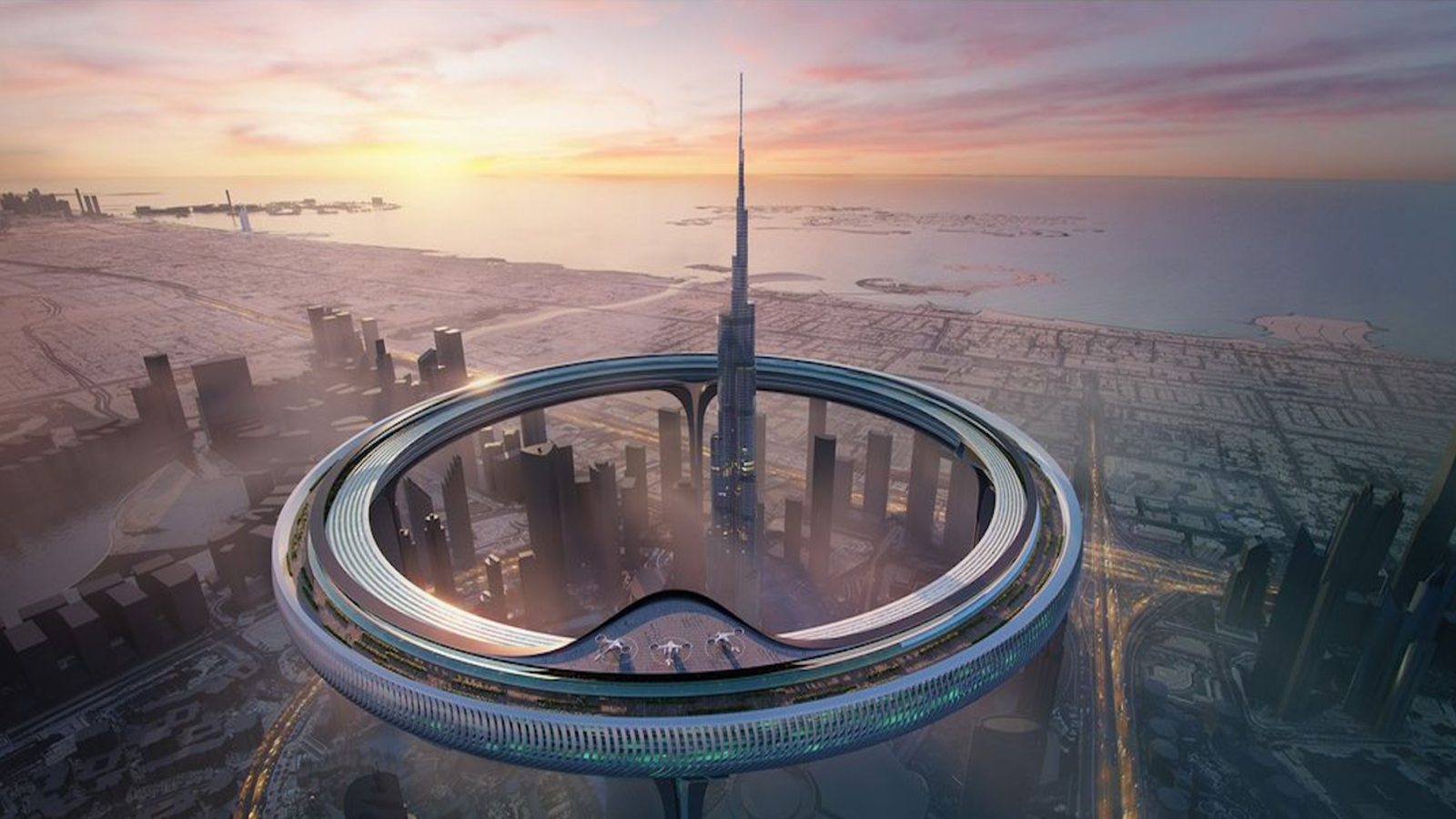Now Reading: Digital Dubai 2025: The Inspiring Transformation Shaping a Smarter Future
-
01
Digital Dubai 2025: The Inspiring Transformation Shaping a Smarter Future
Digital Dubai 2025: The Inspiring Transformation Shaping a Smarter Future

Table of Contents
Dubai has always been known for doing things differently skyscrapers rising from the desert, man-made islands, and luxury that sets global standards. But now, the city is aiming even higher not just to be the most modern in appearance, but also the most intelligent. With the “Digital Dubai” initiative, the UAE’s most iconic city is shaping itself into a leading smart city of the future.
But what exactly is Digital Dubai And how is it affecting everyday life for residents, businesses, and tourists?
What Is Digital Dubai?
Digital Dubai is an ambitious government initiative launched to digitize every aspect of life in the emirate from government services to healthcare, education, transportation, finance, and more. It aims to make Dubai a paperless, cashless, and even presence-less city meaning most services will be available online, anytime, anywhere.
The project was initiated by the Digital Dubai Authority, which brings together various government entities under one mission: to make Dubai the world’s digital capital. It is a part of the larger Dubai 10X initiative and aligns with the UAE’s Centennial 2071 vision to create a future-ready country.
Since its launch, Digital Dubai has introduced hundreds of smart services, mobile apps, and platforms that allow residents to complete tasks that used to take hours or even days in just a few clicks.
Dubai Paperless Strategy: A Global First

One of the major achievements under Digital Dubai is the Dubai Paperless Strategy, which officially came to life in December 2021. Through this strategy, all 45 government departments in Dubai stopped using paper in internal and external transactions.
This means over 1 billion sheets of paper are saved every year the equivalent of saving 130,000 trees annually. This move not only makes services faster and easier for citizens and expats, but also contributes massively to environmental goals.
The DubaiNow app is one major outcome of this strategy. It offers more than 130 government services in one place from paying utility bills to renewing vehicle registrations or booking COVID-19 vaccinations.
AI, Blockchain, and Smart Data
Digital Dubai is not just about moving services online it’s also about intelligent automation.
Artificial intelligence (AI) is playing a big role in predicting traffic, managing utilities, and even powering chatbots for customer support. The government has launched its own AI Lab to develop smart solutions in collaboration with global tech leaders.
Another major area is blockchain technology. Dubai aims to become the world’s first city fully powered by blockchain. This means important data like real estate transactions, business licenses, or even school certificates can be securely stored and accessed through digital ledgers reducing fraud, errors, and delays.
Data is at the heart of all these efforts. Through a strategy called “Smart Dubai Data,” the city is building a system that collects, analyzes, and shares public data in real time helping planners make better decisions, improving traffic, saving energy, and reducing waste.
Digital Identity: One Login for All Services
Another important pillar of Digital Dubai is the UAE Pass — the country’s first national digital identity. Once registered, users can access all government services across Dubai and the UAE through a single login.
This includes everything from signing official documents to applying for visas or paying school fees no paperwork or in-person visits required.
Even new businesses can be registered fully online. Dubai’s Invest in Dubai platform allows entrepreneurs to open a business in just minutes without leaving home.
Healthcare, Education, and Mobility — All Going Digital
Digital transformation is also changing the way people live day to day. In healthcare, the Dubai Health Authority (DHA) has implemented telemedicine services and AI-based diagnostic tools. Patients can book virtual consultations, receive prescriptions, and get health updates through mobile apps.
In education, smart platforms are being used across schools and universities to manage attendance, distribute assignments, and support remote learning. Teachers and students have access to advanced digital tools, making learning more flexible and engaging.
Even transport is going smart. The Dubai Roads and Transport Authority (RTA) is using AI and big data to optimize bus routes, monitor traffic, and improve parking systems. Future plans include autonomous taxis, drone deliveries, and hyperloop systems to make transportation faster and more sustainable.
Smart City for Everyone — Not Just the Rich

Dubai is often seen as a playground for the wealthy. But Digital Dubai is designed to make life easier for everyone including small businesses, workers, and everyday residents.
Government service centers have been reduced, queues have disappeared, and most payments can now be done digitally saving people time, money, and stress.
Tourists also benefit. Through smart kiosks at the airport, biometric check-ins, and mobile guides powered by AI, visitors can enjoy a smooth and modern travel experience.
Challenges and Future Plans
Despite its success, Digital Dubai does face challenges. Data privacy, cyber-security, and the digital divide especially among older generations are areas that still require attention. Authorities are actively working on strict policies to protect user data and make digital literacy more widespread.
Looking ahead, Dubai plans to become a leader in the Metaverse, digital twin technologies, and space-tech. Projects like the Dubai Metaverse Strategy are already aiming to create 40,000 virtual jobs by 2030 and increase the city’s digital economy contribution to GDP.
Digital Dubai is also exploring partnerships with tech giants and startups from around the world to remain at the forefront of innovation.
Final Thoughts: A Model for Global Smart Cities
Dubai is proving that digital transformation is not just a buzzword it’s a path to better governance, happier citizens, and more efficient systems.
With smart planning, strong leadership, and a bold vision, the Digital Dubai initiative is becoming a benchmark for smart cities worldwide. Whether you’re a resident, a business owner, or just a traveler passing through, the future of living is unfolding in Dubai and it’s digital.
Read More:- Shobha Realty Launches Its Most Luxurious Project Yet—Full Details Inside 2025



















